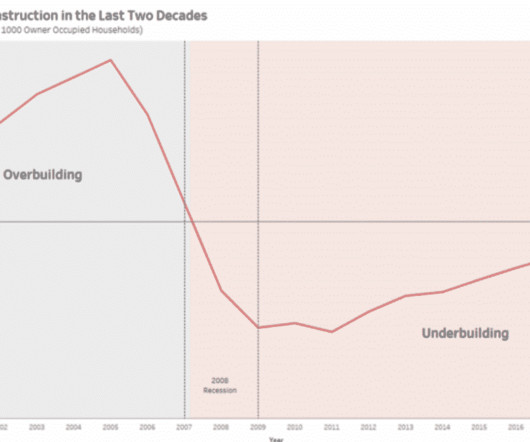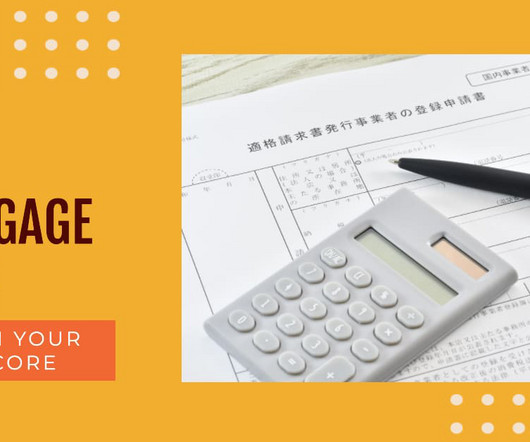Non-QM lenders are back. But will brokers pick up the phone?
Housing Wire
NOVEMBER 10, 2020
Liquidity had dried up and bond investors were running for the hills. But unlike Fannie and Freddie, most non-QM loans rely on the borrower’s credit score and the loan-to-value ratio on the loan, rather than the debt-to-income ratio. We have the bank statement program, jumbo loans.














Let's personalize your content